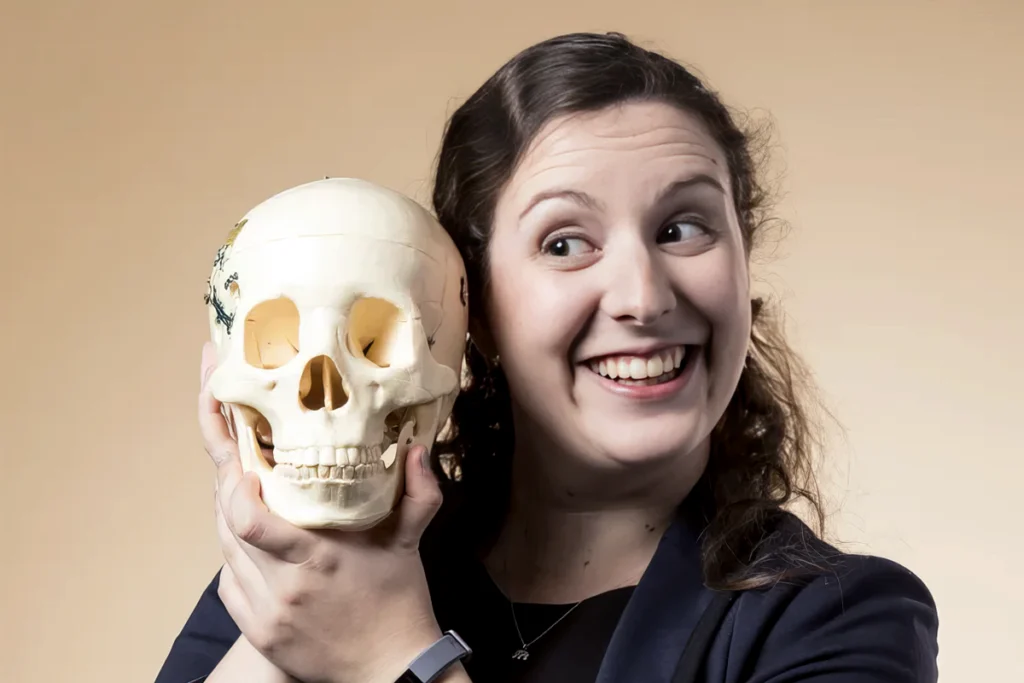Alaina G. Levine is a professional speaker, STEM career coach and author of “Networking for Nerds” (Wiley) and “Create Your Unicorn Career!” (forthcoming). Her columns have appeared in Science, APS News and Physics Today. Connect with her on LinkedIn @AlainaGLevine.

Alaina G. Levine
Contributing writer
From this contributor
Building a global community: Q&A with Black In Neuro co-founder Clíona Kelly
As Black In Neuro Week 2024 continues through Sunday, Kelly explains how the organization expanded from its humble beginnings as a Slack channel to connect Black neuroscientists across the diaspora.

Building a global community: Q&A with Black In Neuro co-founder Clíona Kelly
The Transmitter Launch: Q&A with Kaitlyn Casimo
A self-proclaimed “neuroscientist, engagement manager and theater nerd,” Casimo taps her broad training to engage the public and deliver “elevator pitch” workshops for Allen Institute scientists.

The Transmitter Launch: Q&A with Kaitlyn Casimo
The Transmitter Launch: Networking in neuroscience—five ways to find people
These tips spell out how to reach new people for conversation and collaboration.

The Transmitter Launch: Networking in neuroscience—five ways to find people
Explore more from The Transmitter
Smell studies often use unnaturally high odor concentrations, analysis reveals
It’s time to fashion olfactory neuroscience stimuli based on odor concentrations in the wild, say study investigators Elizabeth Hong and Matt Wachowiak.

Smell studies often use unnaturally high odor concentrations, analysis reveals
It’s time to fashion olfactory neuroscience stimuli based on odor concentrations in the wild, say study investigators Elizabeth Hong and Matt Wachowiak.
Developmental delay patterns differ with diagnosis; and more
Here is a roundup of autism-related news and research spotted around the web for the week of 14 April.

Developmental delay patterns differ with diagnosis; and more
Here is a roundup of autism-related news and research spotted around the web for the week of 14 April.
‘Natural Neuroscience: Toward a Systems Neuroscience of Natural Behaviors,’ an excerpt
In his new book, published today, Nachum Ulanovsky calls on the field to embrace naturalistic conditions and move away from overcontrolled experiments.

‘Natural Neuroscience: Toward a Systems Neuroscience of Natural Behaviors,’ an excerpt
In his new book, published today, Nachum Ulanovsky calls on the field to embrace naturalistic conditions and move away from overcontrolled experiments.